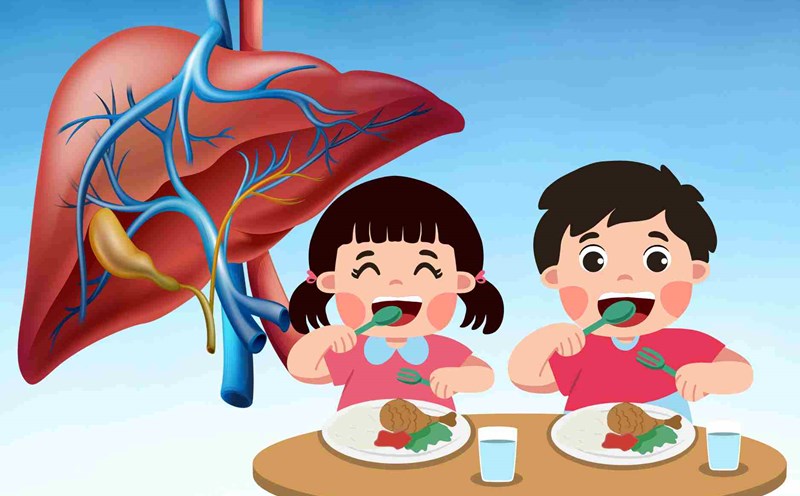Watermelon
Watermelon is rich in water, helping to maintain body moisture and support the liver in the detoxification process.
Watermelon is also rich in lycopene and vitamin C, which help protect liver cells from the harmful effects of free radicals. One study has shown that watermelon can help reduce inflammation and improve liver function in the summer.
Orange, lemon, grapefruit
Citrus fruits are rich in vitamin C and flavonoids, which help stimulate the production of detoxification enzymes in the liver. They also support the metabolism and removal of toxins from the body.
Consuming oranges, lemons or grapefruits daily can significantly improve liver health.
Papaya
Papaya contains the enzyme papain, which helps improve digestion and reduce the burden on the liver in processing fat and protein.
Papaya is also rich in vitamins C and E, which help fight oxidation and protect liver cells from damage. Regular consumption of papaya can effectively support liver function.
Red gravel
Red grapes contain resveratrol, a powerful antioxidant, which helps protect the liver from damage caused by free radicals and inflammation.
Research has shown that resveratrol can improve liver function and reduce the risk of chronic liver disease.
Pomegranate
Pomegranate is rich in polyphenols and anthocyanins, which help reduce inflammation and support the liver's detoxification process. Regular consumption of pomegranate can improve liver health and reduce the risk of liver-related diseases.
Recommendation for summer fruit consumption:
Quantization: 2-4 servings of fresh fruit per day.
How to use: Prioritize eating whole fruits to make the most of fiber; limit bottled juices due to high sugar content.
Time: Eat between main meals or after exercise to supplement energy and support the liver.
Combine: Combine with a balanced diet, drink enough water and limit alcohol to optimize liver function.










